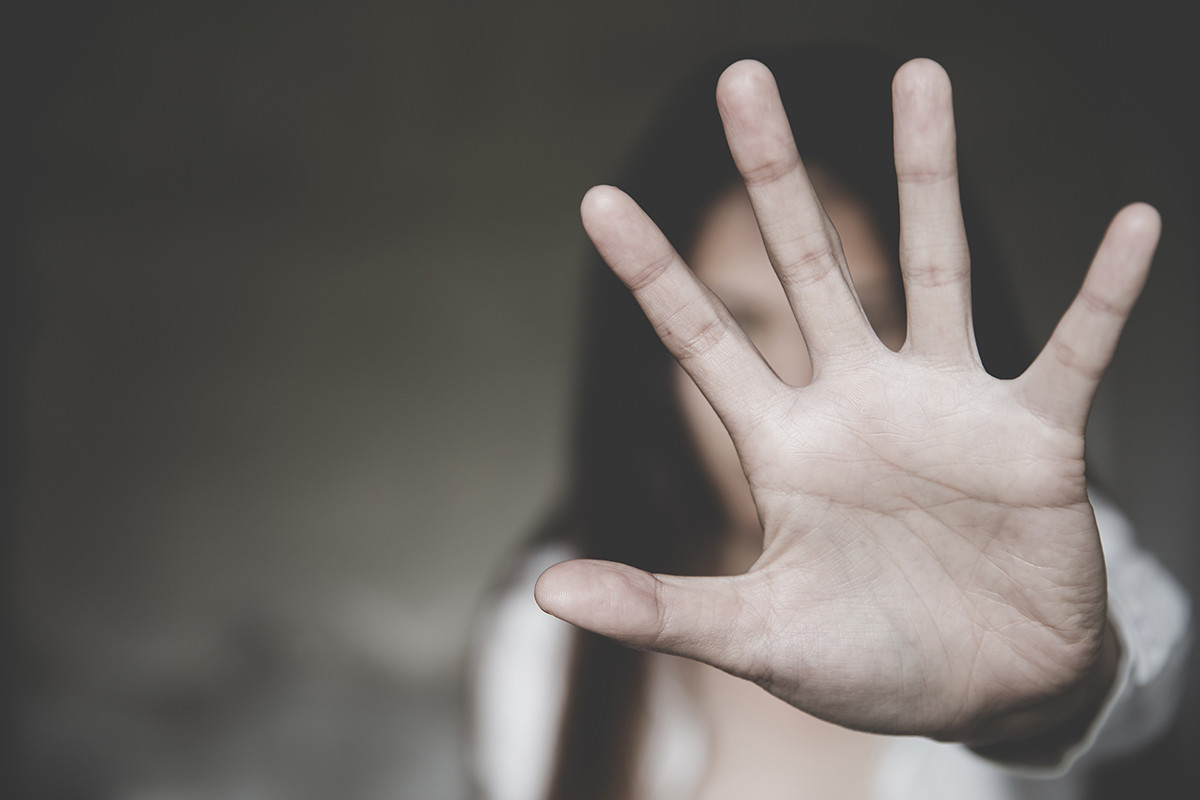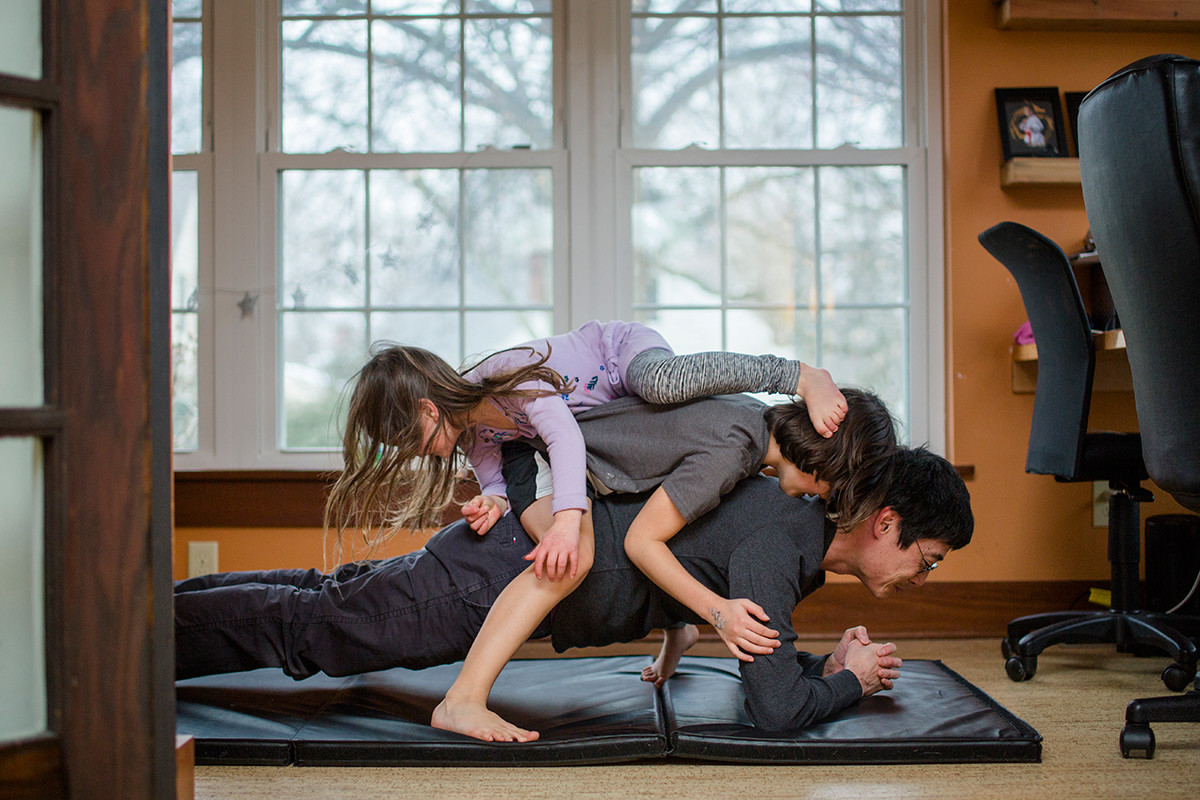How to cope with coronavirus stress – 3 tips from a Russian psychologist

Stress is normal, it is the body's physiological reaction to any change, not necessarily negative. Anxiety (as well as anger, sadness, or irritation) is the emotional, mental side of stress - and it is also normal. With the coronavirus, three anxiety triggers are activated at once: uncertainty, novelty, unpredictability.
How does one cope with it?
1. Try to understand what it is exactly that gives you anxiety

In the case with this pandemic, these may be local factors that concern everybody:
- Fear for the health of one's loved ones
- Restrictions on one's freedom
- Changes to one's daily routines
- Risk of losing one's job
- Long time spent together with one's family
- Social isolation, lack of communication
- Cancellation of holiday plans, celebrations, important events
- Impossibility of seeing one's family and friends who live far away
There may also be global factors of anxiety:
- Overload with information about the pandemic
- The economic crisis
- Large-scale unplanned changes, border closures
2. Try not to worry about things that you cannot change

Think about what you feel. Are they concerns over real problems? How to set up remote working, while at the same time looking after your child; or how to buy food for the coming week without going out. Worries like these are constructive and often mobilize a person.
Or is the worry you feel hypothetical, about something which has not yet happened but you think will happen in the future? What if the borders have been closed for good, what if humankind becomes extinct, what if the virus came from aliens... These are destructive worries that eat up your energy. You have no influence over these factors, so you should try to curb this sort of anxiety.
If your anxiety is too much, try to monitor your condition, keep a diary, grade your emotions on a scale from zero to 100, name your emotions. Recognize and accept your condition, do not try to hide or escape from your fears. Study the nature of your condition. Perhaps the problem is much deeper than the current anxiety. Finally, try to manage your condition, establish contact with it, influence it.
3. Try to handle your stress through several means at once

There are several channels in this multidimensional model of overcoming stress and crisis:
- physical activity (it can be movement: cleaning, walking, fitness, sex OR repose: sleep, healthy eating, meditation, breathing exercises, massage, baths, etc.),
- expression of feelings (share your feelings with your loved ones, cry, laugh, play with children),

- communication (keep in touch via video, email, think of new ways, resume contact with people with whom you have lost touch but minimize contact with those who only pass their panic to you, spend more time with pets),
- imagination and creativity (listen to music, pursue your hobby, find 'a safe place', read your favorite books, but give up those genres that breed additional tension, put Dostoyevsky and von Trier aside and switch to Kusturica and Woody Allen instead; this deceives the mind a bit, gives one a feeling of tranquility + it is also an excellent way of expressing one's emotions verbally),

- reason (maintain an internal dialogue, analyze your thoughts, draw up an action plan, think about what local factors feeding your anxiety you can influence, filter information channels, remember past stressful moments and how you dealt with them),
- faith, values and meanings (believers find it easier to cope because they know that there are things that they cannot control. Perhaps it is useful to remember and accept that not everything is in our power. The 12-step programs, which are used to treat people with addictions, often use this prayer: "God grant me the reason and serenity to accept the things I cannot change. Courage to change the things I can. And Wisdom to know the difference."
Usually, in normal life, people do not use all of these channels, just one or two. But if previously you could reach an agreement with yourself at the level of just logic, when faced with heightened stress, you should expand the repertoire of methods available to you, maybe even do things that previously seemed strange to you. The more channels you use, the less likely you are to suffer from post-traumatic syndrome.
Remember also that different people respond to different methods, so do not try to impose anything on others, even your loved ones. If none of these methods help, you may want to see a therapist.
If using any of Russia Beyond's content, partly or in full, always provide an active hyperlink to the original material.
Subscribe
to our newsletter!
Get the week's best stories straight to your inbox